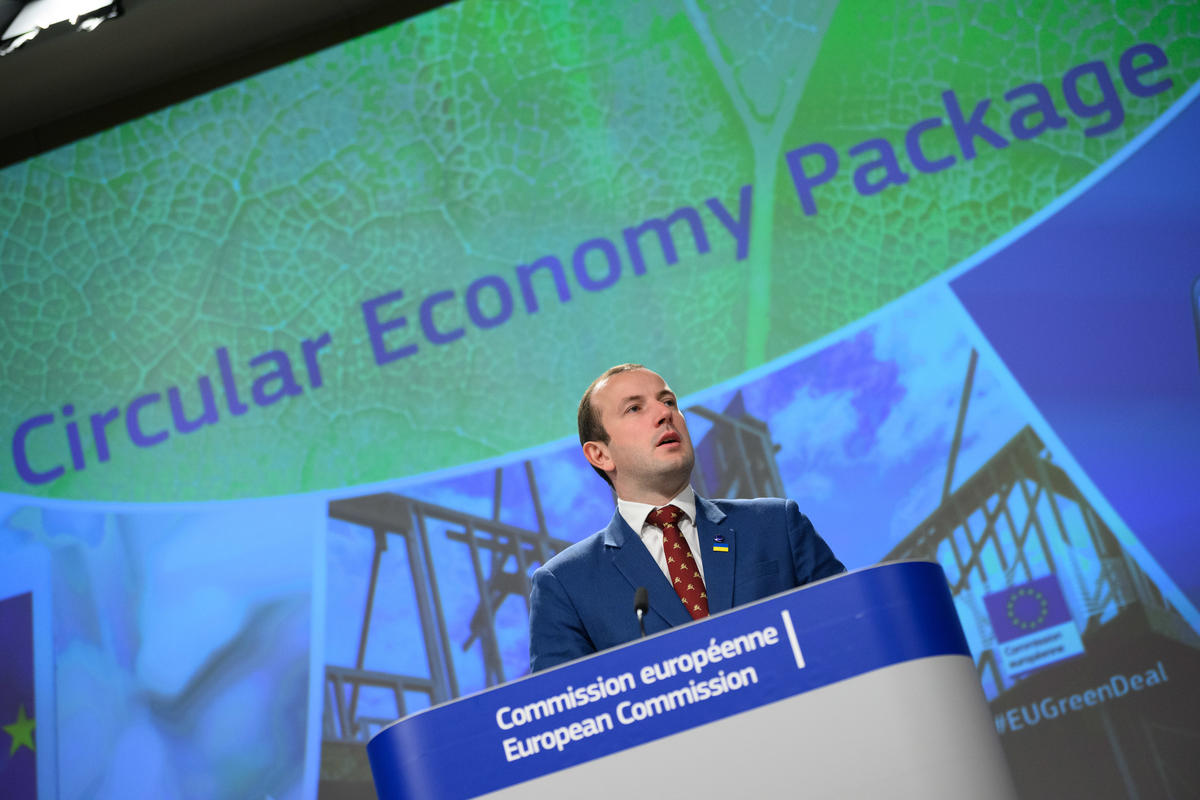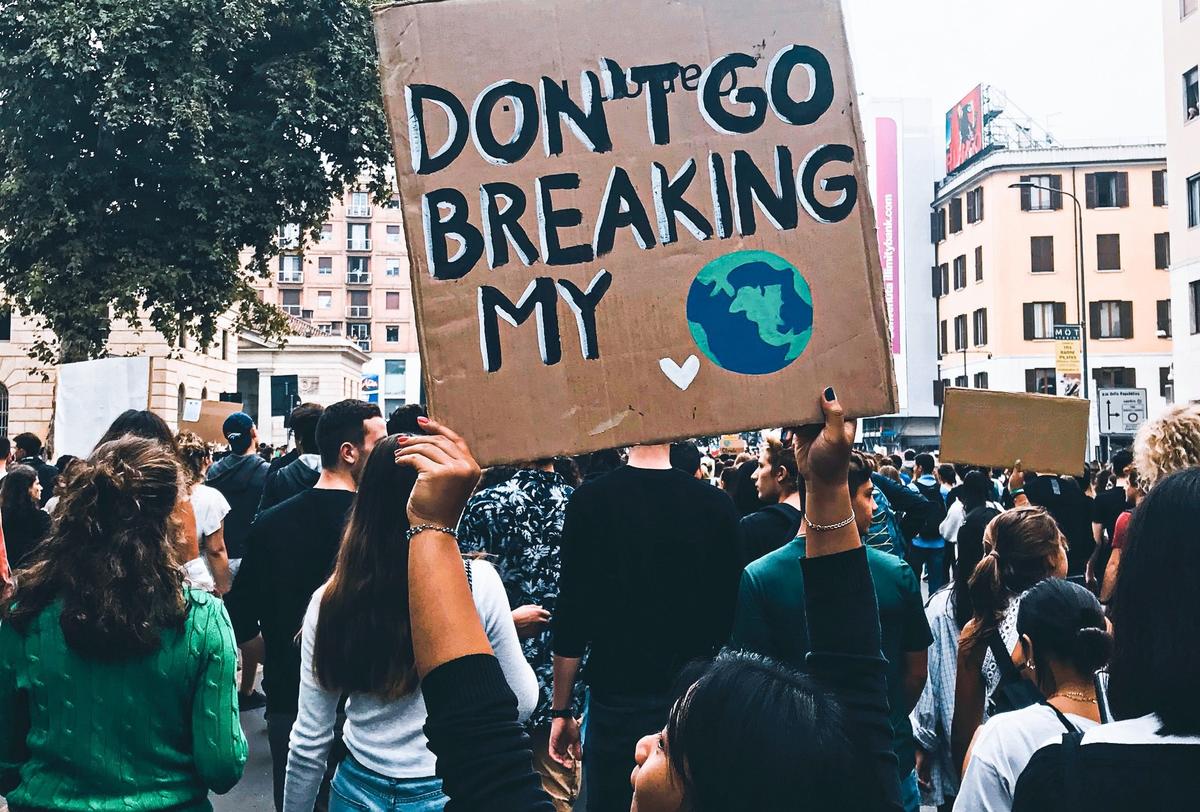On May 18, the EU Commission published its REPowerEU Plan, an initiative coming on top of its Fit for 55 package released in July 2021. An analysis conducted by the Commission shows that REPowerEU entails an investment of €210 billion between now and 2027, in addition to the funding required under the Fit for 55 proposals. As the French Presidency and European Parliamentary committees strenuously work towards ambitions set by the Green Deal including the Emissions Trading System, Carbon Border Adjustment Mechanism and more, the Commission’s new plan adds further pressure to tackle current geopolitical energy security challenges, secure additional financing and increase independent green energy sources.
REPowerEU Plan
Aiming to strengthen its climate and energy diplomacy, the European Commission shared its strategy to overcome energy market disruptions caused by the Russian war on Ukraine. The measures contained within the REPowerEU Plan are geared towards reinforced engagement and partnerships, energy savings, diversification of energy supplies and a steep increase in renewable energy infrastructures.
To reduce the use of coal, oil and gas, the Plan sets a target to produce 10 million tons of domestic renewable hydrogen and secure imports of 10 million tons of renewable hydrogen by 2030. The overall estimated investments required for key hydrogen infrastructures oscillate between €28-38 billion for EU-internal pipelines and €6-11 billion for storage. Within this framework accelerating the hydrogen market, the Commission will:
- Top-up Horizon Europe investments on the Hydrogen Joint Undertaking (€200 million) to double the number of Hydrogen Valleys
- Call on industry to accelerate the work on missing hydrogen standards (production, infrastructure and end-use appliances)
- Launch public consultations on two Delegated Acts clarifying EU rules applicable to renewable hydrogen under the 2018 Renewable Energy Directive
In parallel, the Commission and Member States have set up an EU Energy Platform to pool energy demands, optimize infrastructure use, coordinate outreach to suppliers and establish voluntary common purchase of gas and hydrogen. Currently, the dedicated hydrogen purchasing workstream will drive the hydrogen market’s potential and serve to operationalize the European Global Hydrogen Facility, drawing on the experience of H2Global and the Euratom Supply Agency. Overall, this Platform will help leverage the power of the EU market, enabling coordinated international outreach and cooperation frameworks with trusted partners.
Weighing in on the EU strategy, Thierry Breton, Commissioner for internal market and industry, insisted that “We need decarbonized and abundant electricity, which will allow us to electrify industrial processes wherever possible, and to produce hydrogen where it is needed, particularly as energy storage.” Commissioner Breton’s main points highlighted:
- The EU’s commitment to increase hydrogen electrolyser capacity tenfold by 2025
- The need to optimize the potential of nuclear power by extending power plants wherever safe and possible. He insisted on leveraging the use of these nuclear plants to produce hydrogen
- The potential short-term use of coal or heavy fuel oils, instead of gas, for certain industrial processes
- The need to be present on all value chains and ensure raw material supply chain diversification to avoid over dependencies
External energy engagement strategy
Under the REPowerEU Plan, the EU’s external energy engagement strategy will serve as a tool to secure a global, green, and just energy transition with sustainable and affordable energy at its heart. As part of its energy diversification, the EU will favor international cooperation and partnerships on renewable gases and green hydrogen to minimize the risk of stranded investments and assets.
With the most advanced regulatory framework on hydrogen, the EU reasserted its dedication to lead efforts in developing a robust structure for a global rules-based and transparent hydrogen market. In light of this, the strategy’s key actions include:
- Ongoing work with partners such as Canada to coordinate LNG and hydrogen-related deliveries
- Initiating the first trading hubs for clean hydrogen in Europe and establishing it as the benchmark for Euro-denominated transactions in hydrogen
- Signing a Memorandum of Cooperation on Hydrogen with Japan by the end of 2022
- Using the EU-Egypt Hydrogen Partnership as a stepping stone to concluding broader hydrogen partnerships in the EU’s neighborhood and Africa
As Ursula von der Leyen, EU Commission President, emphasized “We have to scale-up clean hydrogen production, expand its applications, and create a virtuous circle where demand and supply feed each other and bring the prices down.”
What this means for your business and what to expect next:
- Additional sources of financing as well as the requirement for new standalone power installations providing renewable energy for hydrogen will speed up the energy transition
- There will be somewhat less pressure on CO2 prices for the time being, as the amounts of EU Allowances will be released from the Market Stability Reserve
- The Carbon Border Adjustment Mechanism (CBAM) will better protect decarbonized sectors in the EU, while industry will no longer benefit from free allowances
- With hydrogen now potentially falling under the CBAM, it may decrease the feasibility, or financial viability, of importing blue, grey and/or black hydrogen
- Road, maritime and aviation sectors will accelerate their switch to alternative fuels, opening up more application opportunities for hydrogen, ammonia and direct electrification, granted that the EU is able to roll out sufficient fueling infrastructure
- The EU might experience some bounce back from neighboring economies regarding imports and CO2 prices, while expecting a legislative follow from the North American markets based on the carbon clubs and similar understanding of climate measures
Next steps at EU level:
- 30 –31 May: The European Council will come together and discuss the REPowerEU Plan, among other issues
- 14 June: ITRE Committee of the European Parliament will vote on the Energy Efficiency Directive
- 13 July: ITRE Committee of the European Parliament will vote on the Renewable Energy Directive
If you want to know more, just get in touch with Dariusz - dariusz.dybka@edelmanega.com, and subscribe to our mailing list to receive updates from Edelman straight into your inbox. Don't worry, we don't spam ;)






